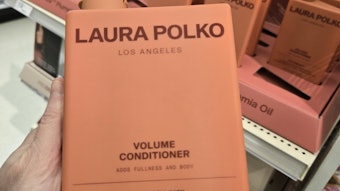
Medical Press reported a team of researchers has discovered that activated hair follicle stem cells (HFSCs), which are critical for hair regrowth and repair in adults, need a "protector protein" called MCL-1 to function properly. Without it, cells undergo stress and eventually die, leading to hair loss; these findings were recently published in Nature Communications.
Hair Growth Cycles
As most readers know, hair follicles cycle through three phases: anagen, catagen and telogen, after which the cycle restarts. This is driven by HFSCs.
However, as Medical Press explained, when HFSCs experience stress from hair shaft loss or follicle shrinkage, they can undergo apoptosis, which furthers hair loss. The apoptosis process is controlled by a group of proteins called the BCL-2 family, to which MCL-1 belongs, acting as a "pro-protector."
MCL-1 and Hair Loss
Researchers investigated MCL-1's influence on HFSC regulation, finding in an animal model that the lack of MCL-1 from birth did not impact the formation of hair follicles but led to gradual hair loss from declining HFSCs over time.
"Our findings demonstrate that MCL‑1 is essential for the survival of activated HFSCs during hair regeneration but dispensable for quiescent HFSCs," the researchers explained.
Deeper Knowledge for Advanced Loss Treatments
"...[T]his study advances our understanding of the molecular mechanisms underlying [hair follicle] regeneration and offers new insights into how stem cell survival and tissue regeneration are orchestrated," the researchers added.
This deeper knowledge sets the stage for advanced hair loss treatment interventions.










